I’ve been a Youtuber for some time now, mostly focusing on music and studio things. But in light of my side career as an author of coding books, I’ve just created a new Alan D Moore Codes channel related to coding.
Not only that, I’ve just uploaded my first video to the channel describing the proper way to integrate QtDesigner with PyQt5. I’ve seen a lot of people on reddit and elsewhere doing it incorrectly and getting themselves quite fouled up, so I thought I might offer some insight.
I’ll have some more PyQt5-related content going up there soon hopefully, we’ll see how things go.
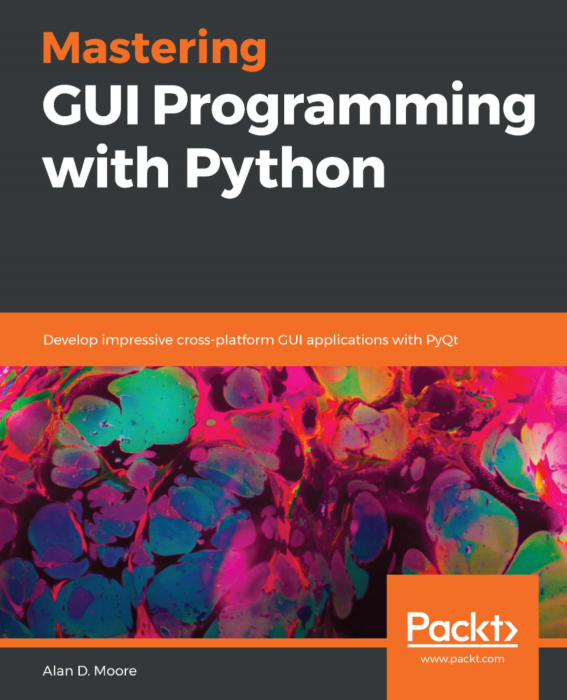

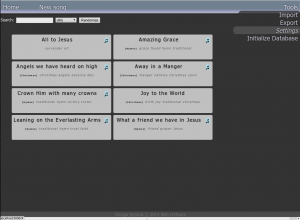
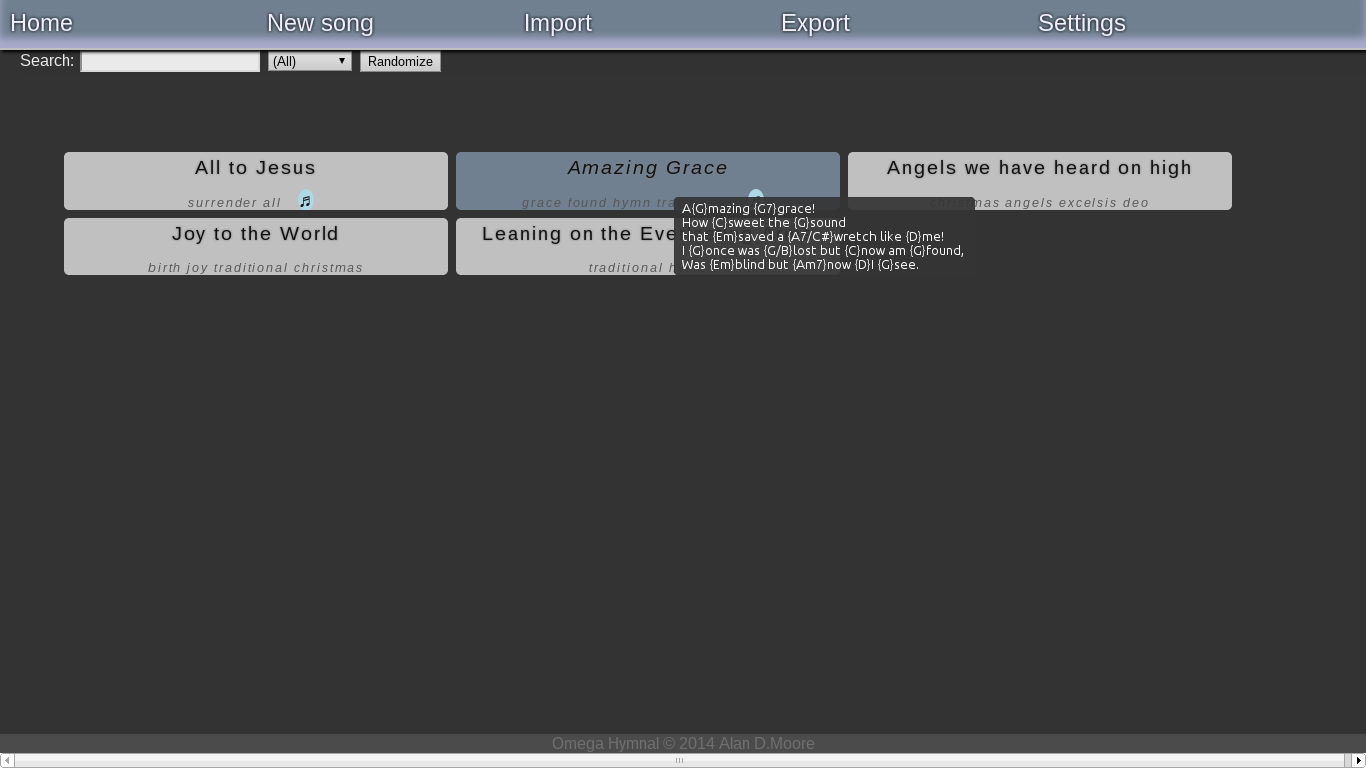
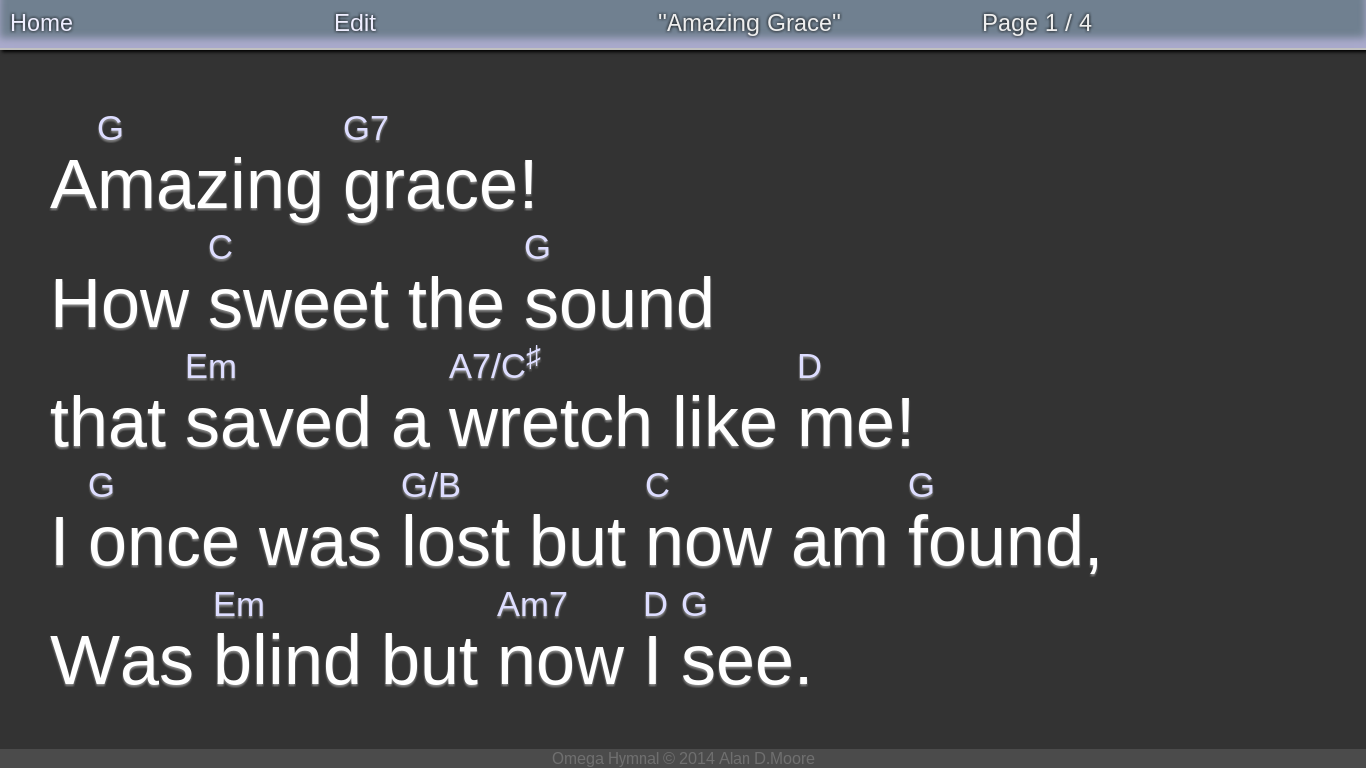
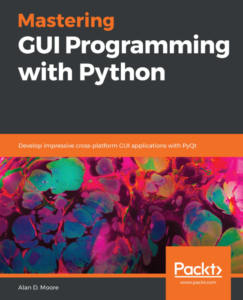

Python 3.4.0!
Just noticed that Python 3.4 is released as of yesterday. I don’t normally pay much attention to Python releases, since the language more or less has done what I needed for some time; but bringing pip into the default distribution will make Windows deployments a bit easier. The new Pathlib module looks pretty sweet too (no more mucking about with os.path).
Good job Python team!